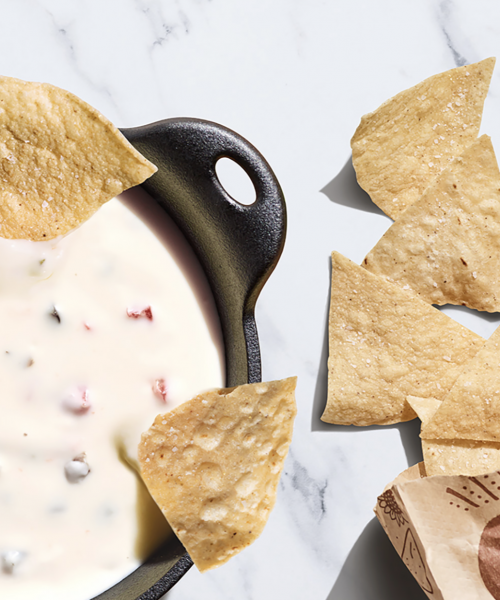By Jessica Ball, M.S., R.D. | FoodAndWine.Com
Troy Warren for CNT #Foodie
This new guidance calls on restaurants and businesses to drastically cut the sodium in the foods they produce.
Even over the last year, the leading cause of death in America is heart disease. While there are many factors that can influence someone’s risk, our diets (particularly our sodium and saturated fat intake) have a great impact on our overall heart health. In a recent survey, it was estimated that almost 90% of American adults consume more salt than the recommended max of 2,300 milligrams per day. There are several other negative consequences of consuming too much salt, such as frequent headaches, increased dementia risk and greater likelihood of kidney stones. All that is to say, most Americans could stand to cut down.
Reducing your salt intake on your own is easier said than done, so the Food and Drug Administration is turning to the food industry to be part of the solution. On Wednesday the FDA released new recommendations for food manufacturers to cut down on the sodium used in their processed and prepared foods by 12% over the next two and a half years. The targets are voluntary for food manufacturers to follow, and the FDA suggests cutting back gradually over the 18-month span.
While this might sound insignificant, more than 70% of the sodium intake in our diets comes from processed foods and restaurant foods, so this change could have big implications over time. Small reductions can lead to health benefits such as reduced risk of hypertension, stroke, heart disease, kidney disease and more. Best of all, this level of reduction in food products would likely not even be noticeable for consumers.
This approach has been successful in other countries. In the early 2000s, the United Kingdom instituted a voluntary sodium reduction to reduce salt content in the food supply. Over a seven-year period, there was a 15% reduction in people’s salt intake, which led to reductions in the average blood pressure, fewer strokes and a lower risk of heart attacks.
This recommendation doesn’t mean that you should never use salt when you cook or enjoy foods that have salt in them. But most Americans far exceed the dietary guidelines for sodium intake, the vast majority of which comes from processed foods and restaurant foods. This 12% reduction of sodium in the food supply over the next two and a half years could lead to big health benefits and protect people from heart disease.
In Other NEWS



































